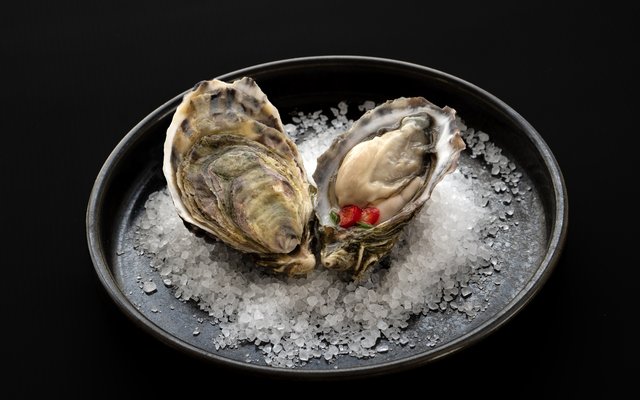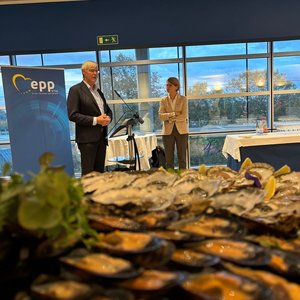UK’s largest oyster hatchery, Morecambe Bay Oysters, has gained the Aquaculture Stewardship Council (ASC) accreditation.
Part of the Associated Seafoods group, this exciting development underscores its position as the UK’s leading aquaculture business with innovation and sustainability at its core. Other brands in the group include Morecambe Bay Oysters, Loch Fyne Oysters, and Golden Shell Mussels, with Loch Fyne Oysters, also being granted ASC Chain of custody. This particular certification means that products can now be tracked from the source right to the final customer. Clearly demonstrating enhanced transparency, this supports Associated Seafoods’ ambition to lead the way in sustainable practices across all its products.
Like many other food production industries, aquaculture is facing growing challenges caused by climate change. Practices that were once customary now require frequent reassessment and adjustment. The adoption of well-established standards encourages self-regulation and improvement, ensuring businesses like Morecambe Bay Oysters remain sustainable and innovative.
In order to achieve ASC accreditation, it must be demonstrated that farming practices have no negative impact on biodiversity or the ecosystems in which they operate. Its farms do not use any harmful chemicals, and since marine life feed on naturally available plankton, no additional feed is required. Farming activities are conducted in a way that does not harm the sensitive ecosystems and habitats where they operate. These practices are carried out at levels that can be comfortably maintained, future-proofing the business to tackle the challenges created by climate change and threats to food security.
“Our ASC accreditation is a significant milestone for Morecambe Bay Oysters and reflects our commitment to sustainable aquaculture. We hope our farming practices not only support the health of local ecosystems but also contribute to the long-term sustainability of the industry,” said Victor West, managing director at Associated Seafoods.
The success of its commercial operations across the brands enables the business to drive further sustainable initiatives such as the introduction of sustainable and genetically diverse organisms to mitigate the risk of nonnative species spawning, and carbon footprint reduction through the natural filtration and growth cycle of the oysters.













